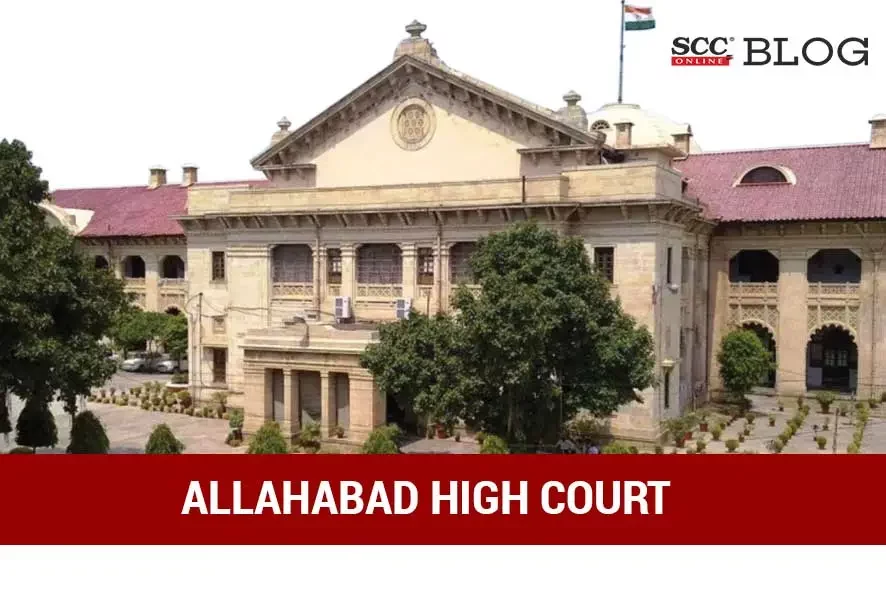Allahabad High Court: In a writ petition praying for commanding the State to provide adequate security to petitioners and further restraining the respondents from causing any interference in peaceful living of petitioners as husband and wife, Kshitij Shailendra, J. held that no sanctity could be attached to an interfaith/inter-religious marriage which has been performed without the compliance of Sections 8 and 9 of the U.P. Prohibition of Unlawful Conversion of Religion Act 2021 (‘Act, 2021’).
The Court referred to the Act, 2021, and noted that Section 3 of the Act prohibits conversion from one religion to another religion by misrepresentation, force, fraud, undue influence, coercion or allurement.
It further added that, as per the scheme of Act 2021, conversion from one religion to another is not impermissible. Rather, Sections 8 and 9 of the Act deal with the provisions for a valid conversion and its effect. Sections 8 of the Act deal with the requirement of a declaration before conversion of religion and pre-report about conversion and Section 9 deals with a declaration post conversion of religion.
The petitioners submitted that a conversion certificate was issued in the year 2017, whereas the aforesaid Act has come into existence in 2021 and, therefore, the provisions of Section 8 and 9 of the Act, 2021, would be inapplicable.
The Court remarked that the jurisprudence of statutory interpretation has moved from “literal interpretation” to “purposive interpretation”, which advances the purpose and object of a legislation.
Afte referring to catena of Supreme Court judgments dealing with the issue of literal interpretation vis-a-vis purposive interpretation, the Court said that the alleged marriage between the petitioners has been performed on 2-1-2024 by which the aforesaid Act of 2021 had come into existence. Therefore, before the date of marriage, the petitioners should have complied with the provisions of the Act, in case, they wanted to attach sanctity/legality to the conversion, which is now controlled and governed by the enactment passed by UP Legislature.
The petitioners submitted that since the Act has come into force in 2021, but conversion was done in 2017 at Arya Samaj Mandir, therefore, no fresh conversion is required. The Court while rejecting the submission, said that scheme of the Act envisages that if conversion is done in relation to marriage of the persons belonging to different religions, irrespective of any past event, which might or might not attach sanctity to conversion, in case a marriage is solemnized after the Act of 2021 has come into force, i.e., after 27-11-2020, then as per Section 1 (3) of the Act, the parties have to ensure compliance of Sections 8 and 9 of the Act and, in such event, conversion, if any, done in the past, may be a relevant fact during the course of inquiry conducted by the District Magistrate as per Sections 8 and 9 of the Act, subject to satisfaction of the District Magistrate. However, it cannot be substantive proof of a valid conversion to attach sanctity to a marriage performed after the Act of 2021 has come into force. Therefore, the party concerned with a proposed inter-faith/inter-religion marriage must comply with the Act’s provisions.
[Nikita v State of UP, Writ – C No. – 1348 of 2024, Order dated 30-01-2024]
Advocates who appeared in this case :
Counsel for Petitioner: Advocate Sanjay Kr. Srivastava
Counsel for Respondent: Chief Standing Counsel






